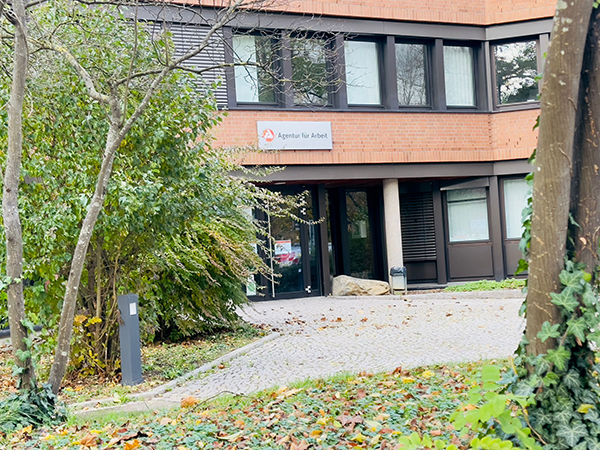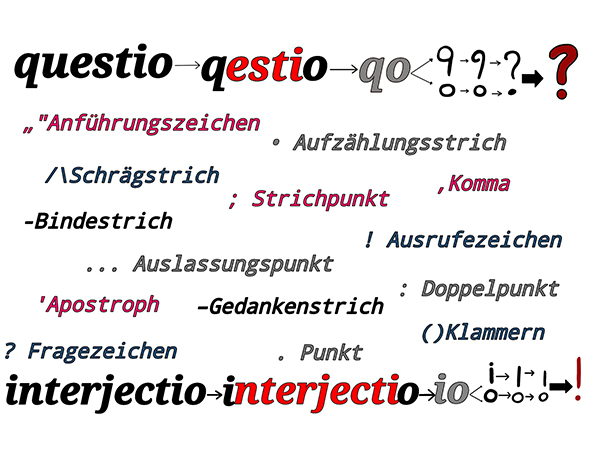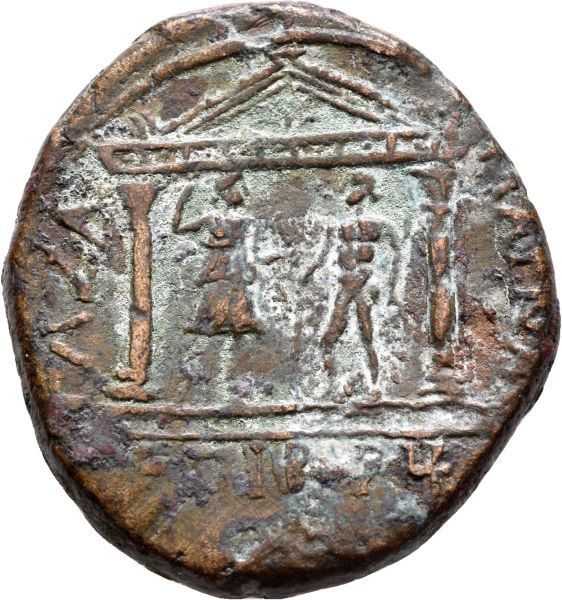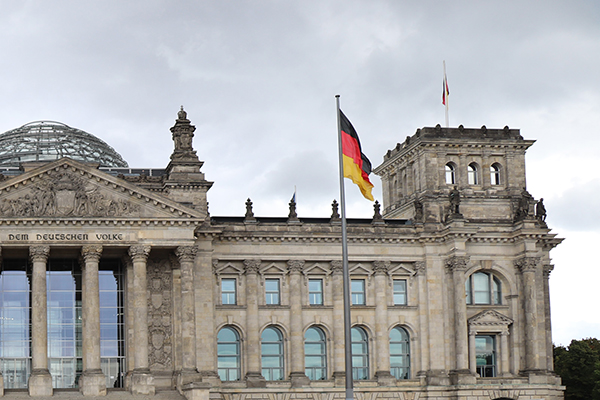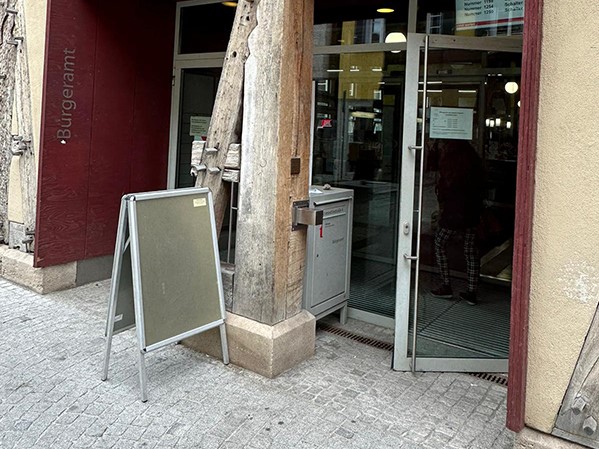In Germany, St Nicholas’ main task is to fill boots: Children place boots in front of the door on the night of 6 December and hope that St Nicholas will leave them with sweets and small gifts overnight. However, for some families he only arrives on the evening of St Nicholas’ Day itself: he wears a red coat, a beard and a red hat and hands over the presents personally or reminds children to work harder at school, for example. The rod with which he—or his companion Knecht Ruprecht—threatened previous generations remains outside the door. Christian churches commemorate the anniversary… Read More
Category: 992-INTEGREAT
More and more refugees have jobs—including as skilled workers
The situation for refugees on the German labor market has changed significantly between 2016 and 2020. 55 percent of refugee men had a job in 2020. Four years earlier, it was only 16 percent. The employees initially started with an unskilled job. However, by 2020, a third of 18- to 65-year-old men had become skilled workers (with several years of training or a comparable qualification). These were the findings of a study by the German Institute for Economic Research (DIW) and the University of Bamberg. The proportion of refugee women in employment also increased—from 6 percent in 2016 to 17… Read More
The history of punctuation: How punctuation marks became increasingly important
By Oula Mahfouz Punctuation marks – periods, commas, colons, question marks, semicolons (semicolons), brackets, exclamation marks, dashes and quotation marks – are all essential in written communication. They are used to organize texts and make it possible to express thoughts and feelings precisely. Conversely, punctuation marks help considerably to understand texts and to be able to read them out loud. Without punctuation, many sentences are ambiguous and the internet is full of example sentences that can only be understood if a comma is inserted. The history of punctuation spans many centuries and is closely linked to the respective language and… Read More
An ancient coin as a source for the history of Gaza City
By Stefan Krmnicek In our series on ancient coins, an ancient coinage from Gaza City in the coin collection of the Institute of Classical Archaeology at the University of Tübingen is presented in more detail today. Gaza City was one of the most important port cities in the region in antiquity and was conveniently located as the end point of the trade routes for the incense trade from the interior of the Arabian Peninsula. The importance of the city is also underlined by the famous mosaic in the Church of St George in Madaba (Jordan), the oldest surviving cartographic representation… Read More
Minimum wage rises to 12.41 euros in 2024
The minimum wage will rise by 41 cents to 12.41 euros on 1 January 2024. This was decided by the Federal Cabinet. It will be raised by a further 41 cents to 12.82 on 1 January 2025. In doing so, the federal government is implementing the decision of the Minimum Wage Commission. The statutory minimum wage is the absolute wage floor. It has applied to all employees since 2015, with a few exceptions. However, there are special minimum wages in a large number of sectors. For example, temporary workers have been paid at least 13 euros per hour since April… Read More
Natural disasters sometimes lead to archaeological discoveries
By Youssef Kanjou Archaeological monuments are threatened by natural disasters, floods, fires, earthquakes – often as a result of climate change. On the other hand, natural disasters have particularly preserved historical sites, making them ideal witnesses of the past for archaeologists. For example, volcanic eruptions on Santorini and Mount Vesuvius have preserved the important settlements of Old Thera and Pompeii for posterity. What is less well known is that natural disasters have also led to the discovery of particularly interesting archaeological sites. Currently, disasters in Turkey and Libya, for example, have helped to uncover previously unknown archaeological remains. In February… Read More
Import and export when traveling
A passenger did not eat her apple on a flight from Germany to Indonesia. On arrival, inspectors took the fruit away from her. She didn’t know why. The reason: import and export regulations apply when traveling, which can vary from country to country. These regulations govern which items you can and cannot take with you. It is important to find out about the specific rules of your destination country before you travel to avoid unpleasant surprises. Frequently regulated goods include food, plants, animals, alcohol and tobacco products. It is advisable to observe these regulations in order to avoid possible penalties… Read More
Holidays do not automatically expire
Shortly before the end of the year, many employees ask themselves: Do my remaining days of holiday actually expire if I do not take them by the end of December? In most cases, no. But the details are rather complicated. It is easiest if there is a clear regulation in the company. Often you can then carry over holiday days into the new year and have to take them by 31 March. The personnel department or the works council will know the exact rules. In principle, however, leave is no longer automatically forfeited. This has been decided by the European… Read More
Contact points for the medical emergency service
Many doctors’ surgeries only have limited opening hours. However, medical emergencies often occur at weekends, on public holidays or outside these hours. In life-threatening cases, the emergency number 112 should be dialed. However, many emergency rooms are overloaded. The medical and pediatric on-call service is available for acute cases of illness that are not life-threatening. It can be contacted throughout Germany day and night on 116117. The on-call service will provide information on how to proceed and refer you to a doctor in an emergency. There is a dental emergency service for acute dental complaints. An online emergency service search… Read More
New rules for children’s passports
The classic German children’s passport is being phased out. From 1 January, there will be a new electronic passport with a chip. This was announced by the Federal Ministry of the Interior in Berlin. However, children’s passports that have already been issued can still be used until they become invalid, it continues. However, the ministry points out that some countries already no longer accept extended children’s passports. In addition, some countries already require that the passport is valid for three to six months when entering the country. Information on whether the specific destination country recognises a children’s passport or an… Read More


